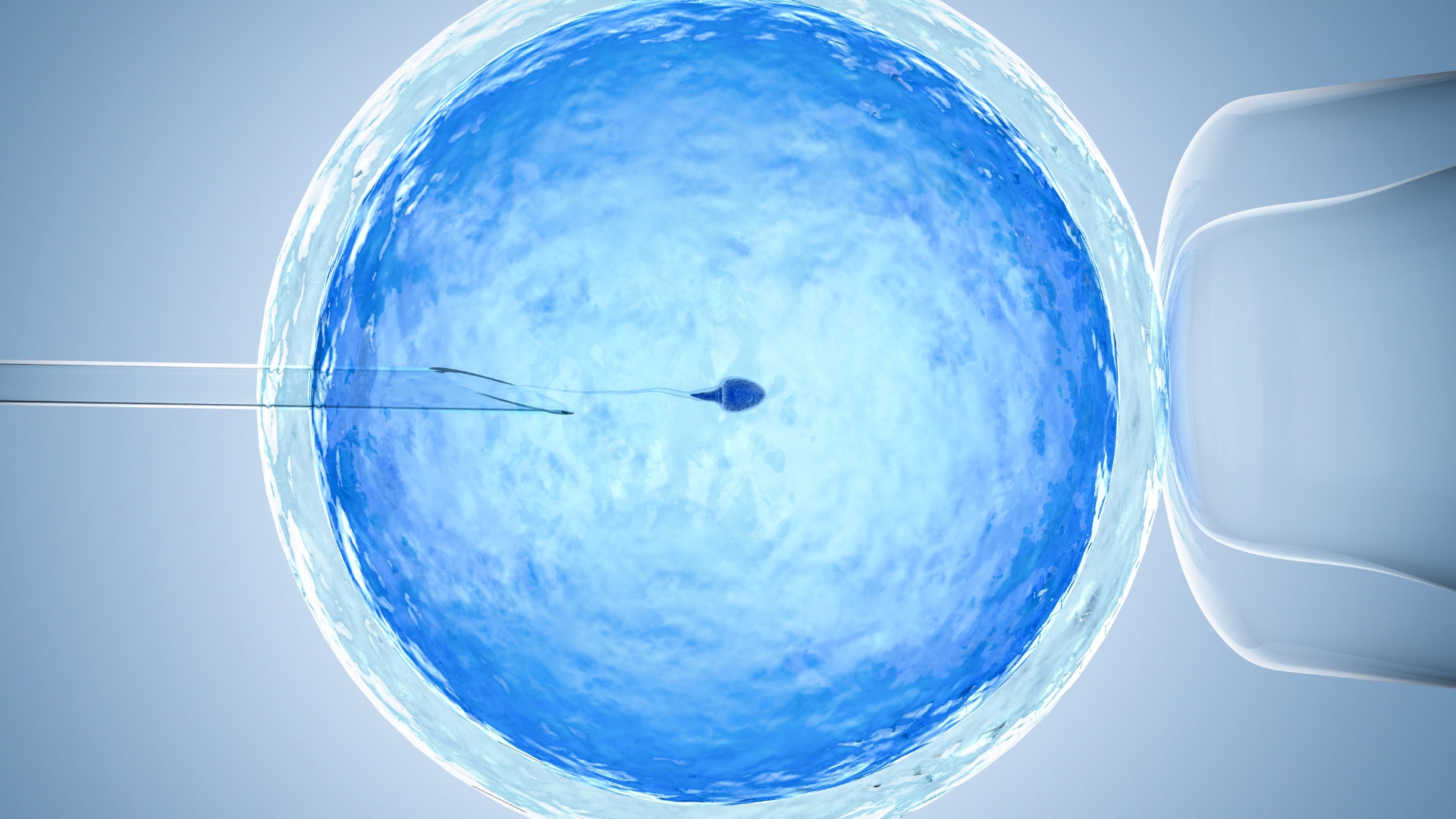Intracytoplasmic sperm injection ICSI

Intracytoplasmic sperm injection (ICSI) is a fertility treatment that involves injecting a single sperm directly into an egg. This procedure is typically used in cases where the male partner has a low sperm count or poor sperm quality, or when other methods of assisted reproduction, such as in vitro fertilization (IVF), have been unsuccessful.
The ICSI procedure is typically performed as part of the IVF process. First, the eggs are retrieved from the female partner's ovaries using a procedure called transvaginal ultrasound-guided oocyte retrieval. The retrieved eggs are then fertilized with sperm in a laboratory setting. For the ICSI procedure, a single sperm is selected and injected directly into the egg using a fine needle. The fertilized egg, now called an embryo, is then transferred back into the uterus of the intended mother.
ICSI has a higher success rate than other methods of assisted reproduction, and has helped many couples who were previously unable to conceive become pregnant. However, it is a complex and expensive procedure, and success rates can vary. It is important to discuss the potential risks and benefits of ICSI with a fertility specialist before deciding to pursue this treatment.
The process of intracytoplasmic sperm injection (ICSI) typically involves the following steps:
- Ovarian stimulation:The female partner will be given fertility medications to stimulate the production of multiple eggs.
- Egg retrieval:The eggs are retrieved from the female partner's ovaries using a procedure called transvaginal ultrasound-guided oocyte retrieval.
- Sperm collection and preparation:The male partner will provide a semen sample, which is then processed and prepared for the ICSI procedure.
- Injection:A single sperm is selected and injected directly into an egg using a fine needle.
- Fertilization:The injected egg is monitored for fertilization. If fertilization occurs, the egg becomes an embryo.
- Embryo transfer:After the eggs have been fertilized and have developed into embryos, one or more embryos are transferred back into the uterus of the intended mother.
- Pregnancy test:A pregnancy test is performed about two weeks after the embryo transfer to determine if the treatment was successful.
ICSI is a highly specialized procedure and should only be performed by a trained fertility specialist. It is an effective treatment for male infertility, with success rates similar to those of traditional IVF. However, it is a more invasive and complex procedure than traditional IVF, and it may not be suitable for all couples.




